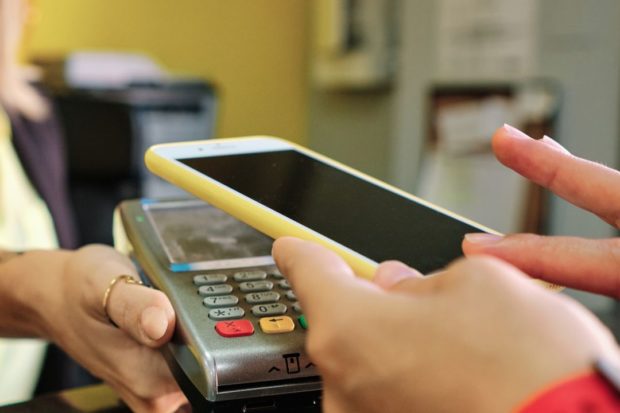
INQUIRER.net stock images
More Filipinos are getting less dependent on cash as they turn to e-wallets and cards to pay for their transactions – a consumer behavior boosted by the heightened digitalization during the COVID-19 pandemic, according to a study by leading credit card company Visa.
According to Visa’s Consumer Payment Attitudes Study, 50 percent of Filipinos carried less cash in their pockets last year while 82 percent attempted to go cashless given the availability of contactless payment options.
“As consumers realize the benefits of cashless options such as mobile wallets and cards, we are witnessing a progressive shift toward a cash-lite society in the Philippines,” Visa country manager Jeff Navarro said. The study was conducted from September to October 2022, engaging 1,000 Filipino respondents aged 18 to 65 years old.
It found that for every 10 purchases, cash payments were down to 6.4 last year compared to 7.8 in 2021.
It also showed that seven out of 10 Filipinos were confident that they could pay for their transactions without cash for a few days.
READ: Selling SIM, e-wallet accounts makes you prey to scammers
As for the most preferred cashless payment options, 89 percent used mobile wallets while 70 percent went for card payments.
According to the study, Filipinos use mobile wallets because these are deemed “faster” and “more convenient” when settling payments. Consumers also look forward to getting rewards, cash backs and discounts provided by the digital apps.
Safe, convenient transactions
Payments based on QR (quick response) codes, on the other hand, were at 53 percent, while online or in-app payments were used by 68 percent of the respondents.
“The increasing adoption of cashless and contactless payment methods is a testament to the growing preference among Filipinos for safe and convenient transactions,” Navarro said. According to him, cashless payments have been on the rise despite the proliferation of phishing attacks that can result in financial losses, adding that users still have high confidence in using such platforms.
READ: Filipinos must be careful in doing online transactions, says think tank
He warned, though, that with greater digital payment adoption widening the attack surface for cyberhackers, there was a need to further educate users to protect them from phishing and other scams.
At the same time, cyberhacking incidents call for continuous investments for protection on the part of technology providers, Navarro said.
“The landscape for payment is changing. That results [in] a different challenge when it comes to the nature of risks,” he added.
RELATED STORIES
Older adults in Southeast Asia still wary of cashless payment